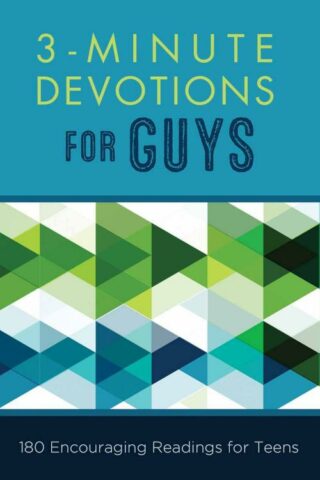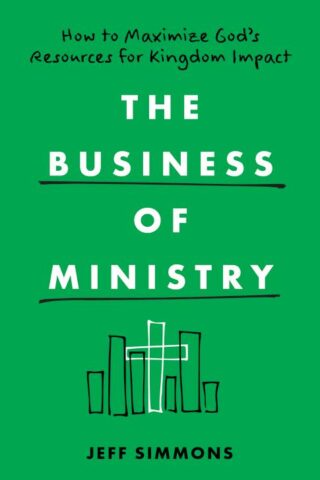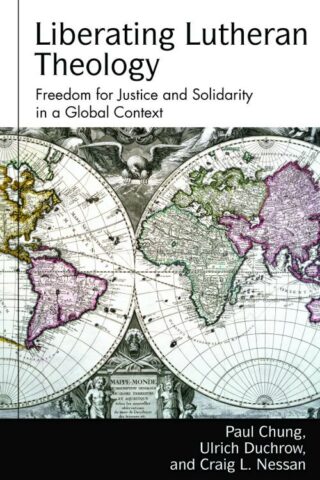Paul Chung
Showing the single result
-
Liberating Lutheran Theology
$65.00Foreword Karen L. Bloomquist
IntroductionPart One. Latin America/North America/Europe
1. Liberation Theology And Latin American History
2. Liberation Theology’s Critique Of Luther’s Two-Kingdoms Doctrine
3. Christian Political Responsibility: Reappropriating Luther’s Two Kingdoms
4. Orthopraxis And Martyrdom: The Influence Of Latin American Liberation Theology On Systematic Theology In Europe And North AmericaPart Two. Asia/Europe/North America
5. God’s Mission And Emancipation: A Lutheran Theology Of Justification And Economic Justice
6. Dietrich Bonhoeffer And The Confessing Church: An Asian Minjung Theological Perspective
7. Emancipation And Inculturation In A Multicultural World: A Lutheran Contribution
8. Communio Sanctorum And Filial Piety: Ecclesiology For InculturationPart Three. Europe/North America/Asia
9. Property-Money Economies And Empires As Contexts For Biblical, Reformation, And Contemporary Ecumenical Theology
10. Ghandi: Overcoming Western Violence In Conversation With Martin Luther
11. Solidarity And Cooperation As Theological, Psychological, And Socioeconomic Response To Neoliberal DestructionPart Four. Conclusion
12. Expanding The Conversation: Facing The Challenge Of African And Asian PerspectivesAppendix A.
Transforming Theology And Life-Giving Civilization: The Changseong ConsultationAppendix B.
Linking Poverty, Wealth And Ecology In Africa: The Dar Es Salaam StatementAbbreviations
Notes
Bibliography
IndexAdditional Info
Spanning the continents, three internationally respected theologians demonstrate how the thought and legacy of Martin Luther can serve in an ecumenical and interfaith context as a resource for a radical critique of global economics and culture.Lutheran Christianity originated in its own era of economic and cultural crisis. One of the great misinterpretations of Martin Luther has considered his heritage as fundamentally reactionary, seeking to preserve the political status quo. Instead, set free by the biblical message of liberation, this book wields Luther’s theology to engage the reality of poverty, hunger, oppression, and ecological degradation caused by an imperial capitalism as the most urgent theological issues in the contemporary world. The volume demonstrates the liberating possibilities of theology done out of a biblical and Lutheran perspective for the economic and cultural crises facing the church in the present century.
Add to cartin stock within 3-5 days of online purchase











